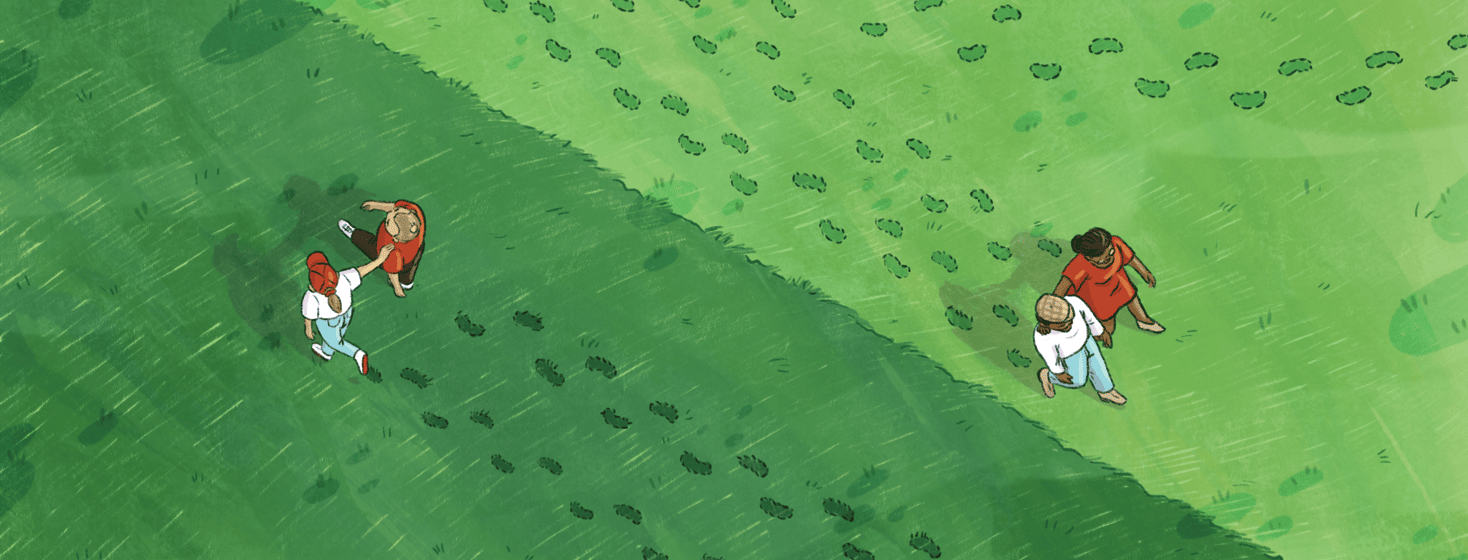Strained Sibling Relationships When a Parent Has Alzheimer's
Since my mom was diagnosed with Alzheimer's in 2010, I have met many other adult children who have a parent with the disease. Those who are only children often express wishing they had a sibling to share this experience alongside. While those who have one or more siblings often wish they did not. The grass isn't always greener on the other side.
We expect that just because we have a sibling, we will have a shared experience with them. We will have someone to go through this nightmare with. Why wouldn't we be able to lean on one another and share the responsibility of caring for our parent?
The problem in the differences
The problem is that simply sharing a parent with someone does not mean that you are similar people with similar thoughts, emotions, coping mechanisms, or priorities. Two sisters whose mother has Alzheimer's may have a completely different experience.
One might drop her entire life to care for her mom, while the other might desperately cling to her own life and not feel obligated to help. A sister might take on the majority of the caregiving responsibilities while her brother takes more of a backseat and only visits once in a while.
Not the same person
This person is your sibling, yes, but they are not you. You are not the same person.
Your sibling might have different priorities in their life. They might live farther away or have a more demanding job. They might be in a different life stage, which makes helping out more difficult for them. Or they just might not share your caring heart.
There are many reasons why a sibling might not react to the experience in the same way as you.
The strain on sibling relationships
As human beings, we are all different, and we all experience hardships in our own unique way. Sharing a parent with someone is no guarantee that you will both experience that parent's illness in the same way. You will likely be disappointed if you expect your brother or sister to handle your parent's Alzheimer's the same way you have.
Knowing this is one thing, but dealing with it is another. Siblings often end up resenting one another and having a strained relationship. The sibling who takes on more of the caregiver role may resent the sibling who does not help out more.
When caring for a parent with Alzheimer's, you just expect your sibling to understand how difficult it is for you and offer their help. But everyone looks at things from their own perspective, and that sibling might not have a clue how much you are struggling. They might be so consumed by their own pain, denial, grief, or whatever it is they are feeling that they don't see things from your perspective.
Coming to the table
Sometimes it helps to talk to your sibling about what you are going through and ask them to help out more. Sometimes that conversation may only make things worse.
Only you know which option is best for you and your relationship with your sibling, but one thing remains true. You have no control over how your sibling responds to your parent's Alzheimer's and you are not responsible for how they decide to show up. You can only control your own actions.
As long as you can lay your head down at night and be okay with yourself, that's all that matters. Your sibling may come to regret their choices, but you will have no regrets. Keep showing up. Someday you will be glad you did.

Join the conversation